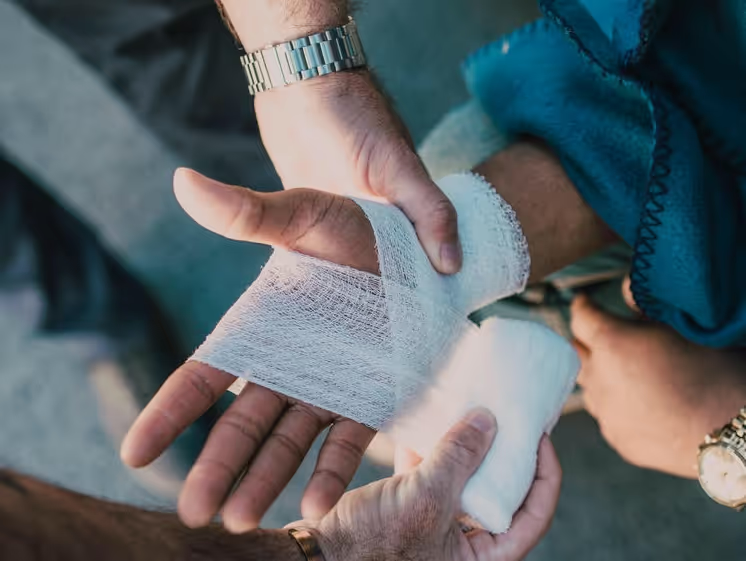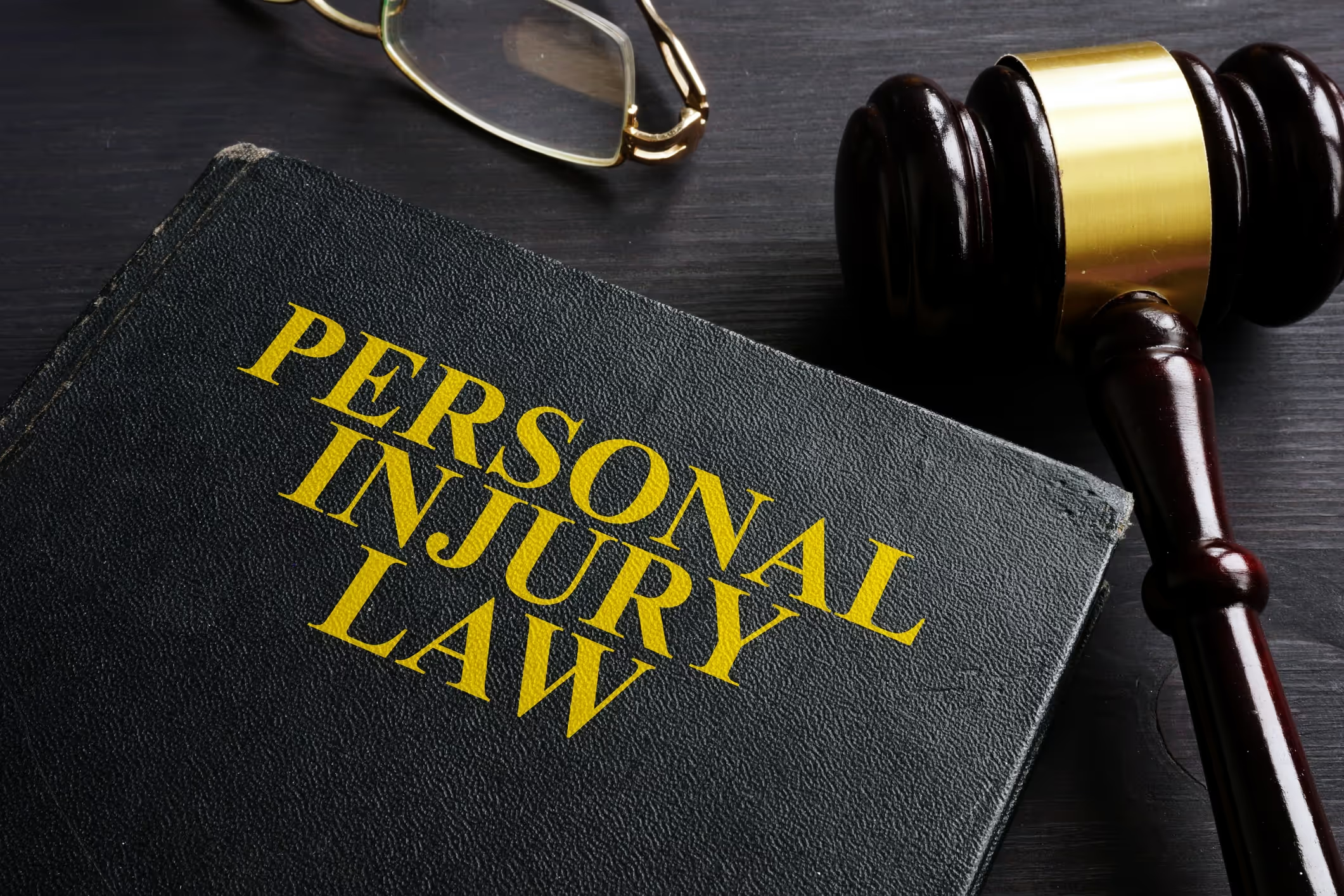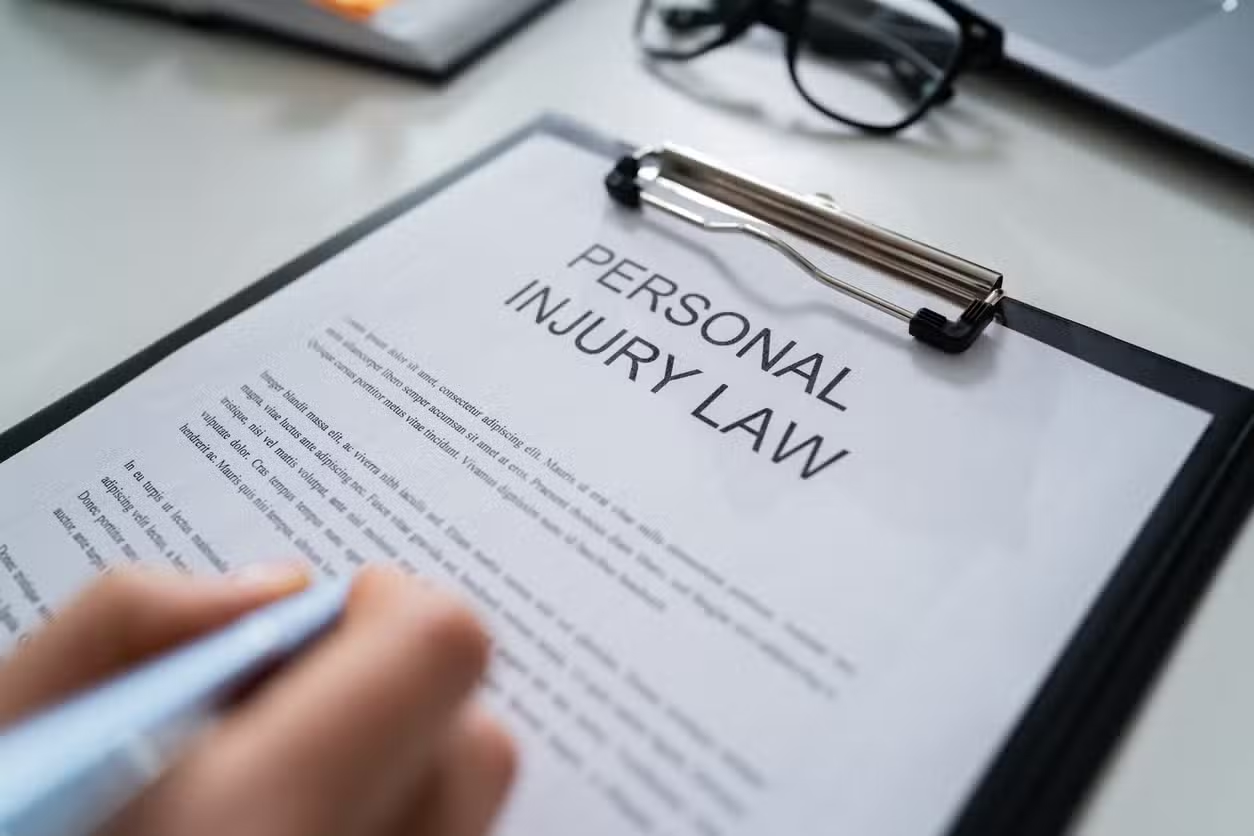If you’ve been hurt and are seeking compensation for your medical costs, it’s essential to understand what the term “bodily injury” means in a legal context. Before moving forward with hiring an attorney or filing a claim, it’s important to determine whether your situation falls under a bodily injury or personal injury case—and understand how to begin that process. You might also wonder how these two terms differ and which applies to your specific circumstances.
This is where the guidance of a knowledgeable law firm becomes especially valuable. Legal terms can be confusing, and having a trusted attorney to explain your rights and options can make a major difference. Below, the team at Avian Law Group breaks down the legal definition of bodily injury and outlines key steps to take if you’ve been physically harmed.
Bodily Injury vs. Personal Injury: What’s the Difference?
In everyday language, bodily injury and personal injury might seem interchangeable—they both refer to harm done to someone’s body. However, in the legal world, these terms carry distinct meanings, and the differences between them can significantly impact your claim and the compensation you may be entitled to pursue.
According to legal definitions, bodily injury refers to physical harm such as bruises, cuts, burns, broken bones, disfigurement, or any impairment of bodily functions or organs. This term is most often used in insurance claims, especially under liability provisions in auto, homeowners, or business policies. Bodily injury coverage is designed to compensate another person for physical harm caused by the policyholder.
On the other hand, personal injury is a broader legal concept. It includes bodily harm but also covers emotional distress, pain and suffering, and other non-physical damages. In a personal injury claim, you generally must show that someone else was at fault—whether through negligence, recklessness, or intentional misconduct.
When Are These Terms Used in Legal Cases?
The phrase bodily injury is commonly used in both criminal law and insurance claims. For instance, it might refer to physical harm suffered during a criminal act or injuries covered under a bodily injury liability policy in a car accident.
In contrast, personal injury is a civil law term used when someone brings a legal claim for damages due to another party’s actions. These cases can arise from a wide variety of incidents—car accidents, unsafe property conditions, defective products, and more—and typically involve pursuing compensation for both physical injuries and non-economic losses like mental anguish.
Common Causes of Bodily Injury
While car accidents are the most frequent source of bodily injury claims, there are many other circumstances that can result in physical harm, including:
- Slips and falls
- Dangerous or defective products
- Injuries at work
- Dog bites or animal attacks
- Medical errors or negligence
Each of these scenarios can involve different types of insurance coverage, depending on where the injury occurred and who may be liable. Some of the insurance policies that might apply include:
- Homeowners or renters insurance
- Commercial or general liability insurance
- Workers’ compensation
- Medical malpractice insurance
What Bodily Injury Settlements Typically Cover
When someone suffers a bodily injury—such as broken bones, burns, internal trauma, or neurological damage—it refers specifically to the physical harm sustained in an accident. However, “bodily injury” does not encompass all potential losses that a victim might experience. For example, damages related to emotional or psychological impact are not typically included under a standard bodily injury claim.
Some examples of what is not covered under bodily injury insurance include:
- Emotional distress
- Property damage
- Loss of consortium
- Lost income
- Reputational harm
- Reduced quality of life
- Decreased earning potential
- Mental anguish
- Psychological conditions such as PTSD
To pursue compensation for these broader losses, you must establish fault and file a personal injury claim. Consulting with a skilled attorney is the best way to determine whether your case meets the criteria for such a claim and how to proceed effectively.
Filing a Bodily Injury Claim
If you’ve been physically hurt and want to pursue a bodily injury claim, your first step is to identify which insurance policy may apply. For instance, if your injuries occurred in a slip-and-fall accident, your claim may fall under a homeowner’s, renter’s, or business liability policy depending on where the incident took place.
Motor vehicle collisions are by far the most common basis for bodily injury claims. In California, all drivers are legally required to carry bodily injury liability insurance for precisely these types of situations. If you’ve been injured in a crash caused by another driver, you can file a bodily injury claim to cover medical bills and related expenses.
While hiring an attorney isn’t required to settle a bodily injury claim, having legal representation is often crucial to ensuring fair compensation. Insurance companies aim to minimize payouts, and experienced adjusters are trained to settle for the lowest amount possible. Having an attorney from Avian Law Group on your side ensures that your rights are protected and that you have an advocate negotiating for your full entitlement under the law.
Understanding Bodily Injury Liability Insurance
In California, the Department of Motor Vehicles mandates that all privately operated and commercial vehicles carry a minimum level of bodily injury liability coverage. The current minimum limits are:
- $15,000 for injury or death to a single person
- $30,000 for injury or death to multiple people in a single incident
- $5,000 for property damage
This insurance is intended to pay for injuries and financial losses suffered by others if the policyholder is at fault. However, it does not cover the at-fault driver’s own injuries, damage to their vehicle, or any costs exceeding the policy limit. If you need compensation beyond what the insurance covers, a personal injury claim is usually the next step.
California drivers are also encouraged—but not required—to purchase uninsured and underinsured motorist coverage. This optional policy provides protection if you’re injured by someone who doesn’t have insurance or doesn’t have enough coverage. It helps pay for your medical bills regardless of the at-fault party’s insurance status.
What If the At-Fault Driver Has No Coverage?
Although California law requires drivers to maintain minimum insurance, not everyone complies. If you’re hit by an uninsured or underinsured motorist, and you don’t carry supplemental coverage, you may be forced to pursue compensation through a personal injury lawsuit.
In these cases, proving the other party’s negligence is key. This may include showing they violated traffic laws, acted recklessly, or failed to take reasonable steps to avoid causing harm. Working with an experienced personal injury attorney at Avian Law Group can make a substantial difference. Your attorney can collect evidence, assess your total damages, and build a case aimed at securing maximum compensation for both economic and non-economic losses.
Let Avian Law Group Help You Navigate Your Bodily Injury Claim
Whether you’re seeking to recover through an insurance settlement or need to pursue a personal injury lawsuit, Avian Law Group is ready to help. Our attorneys will calculate the full scope of your losses, prepare persuasive demand letters, and escalate your case when insurers offer less than you deserve.
From conducting investigations to gathering evidence and handling negotiations, we’ll ensure your claim is thoroughly prepared and aggressively pursued. Reach out today for a free, no-obligation consultation. Our team is here to help you build a strong case and fight for the compensation you are legally entitled to under California law.



.avif)
























































.avif)






















